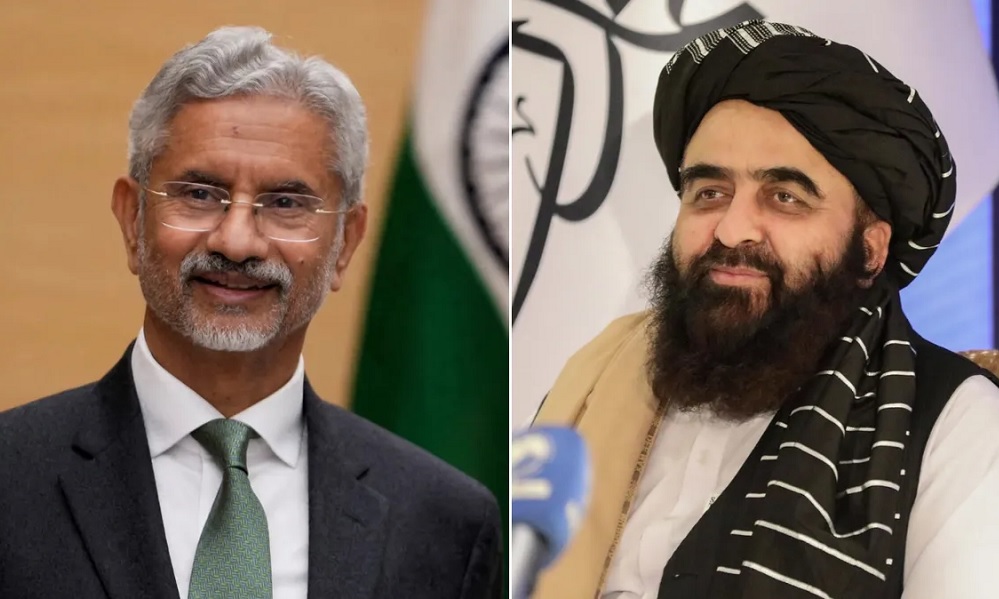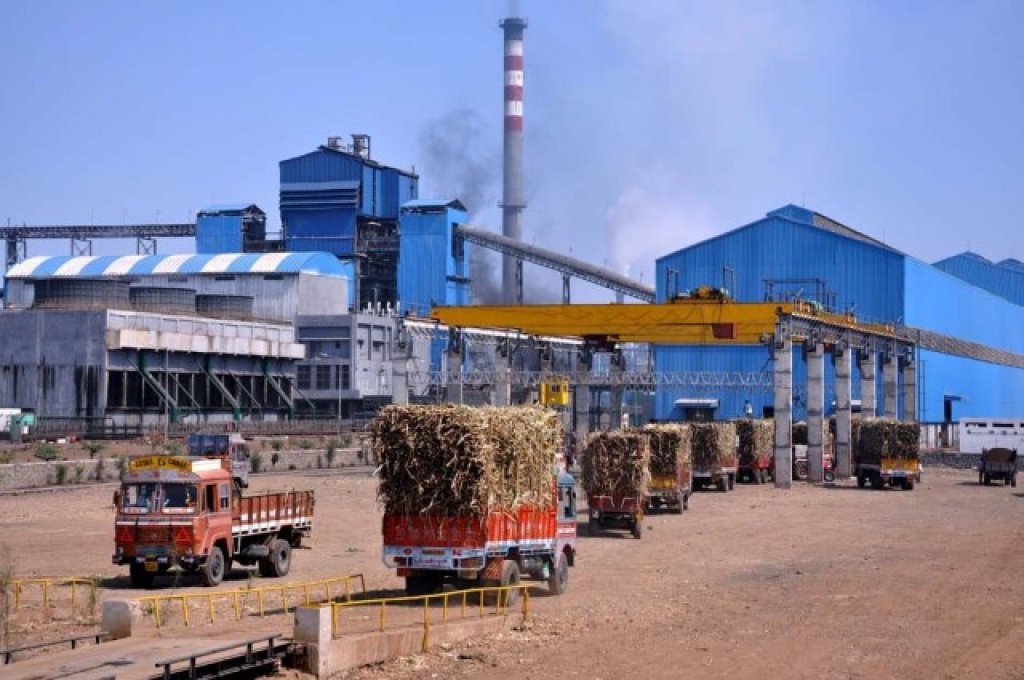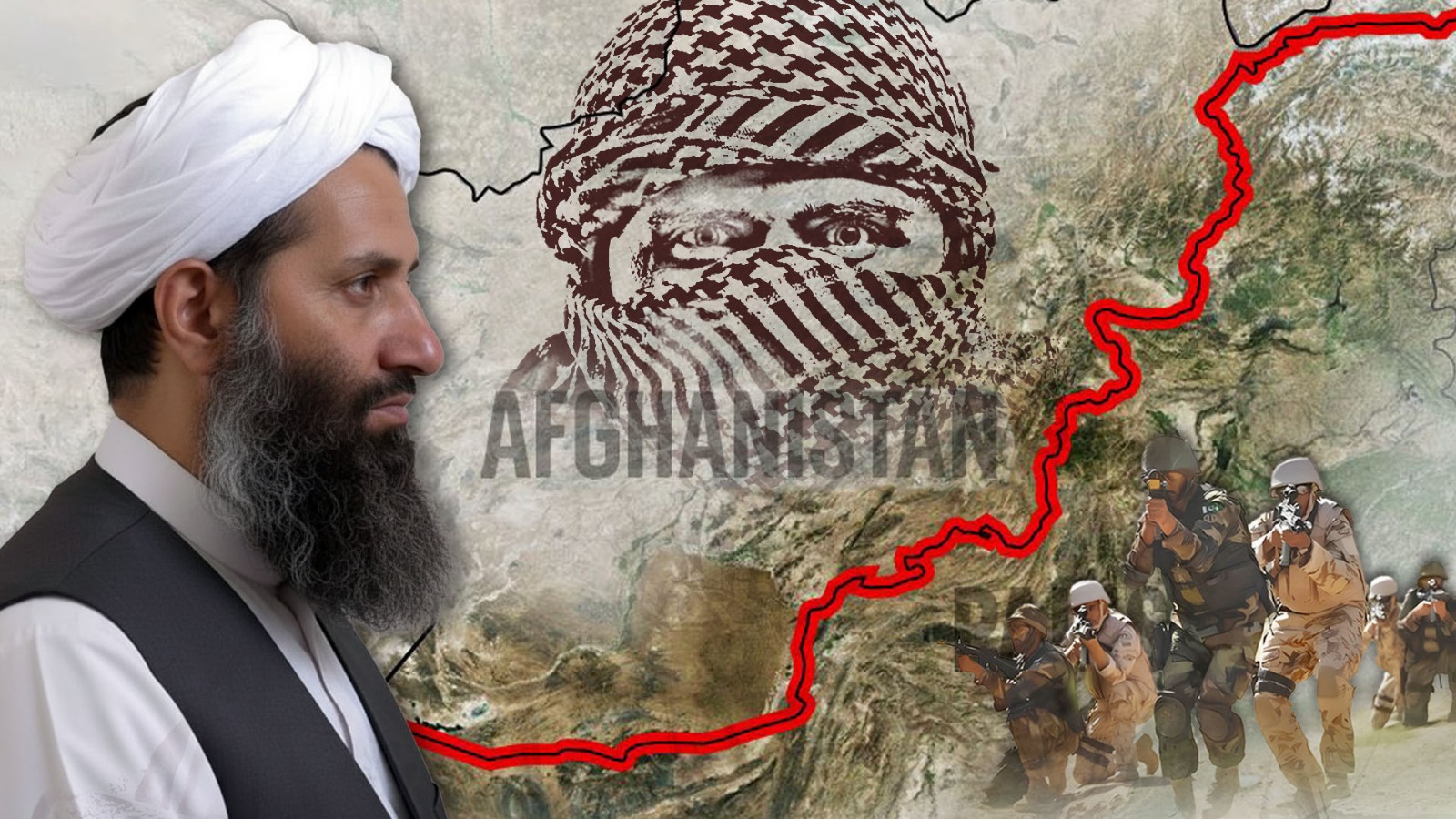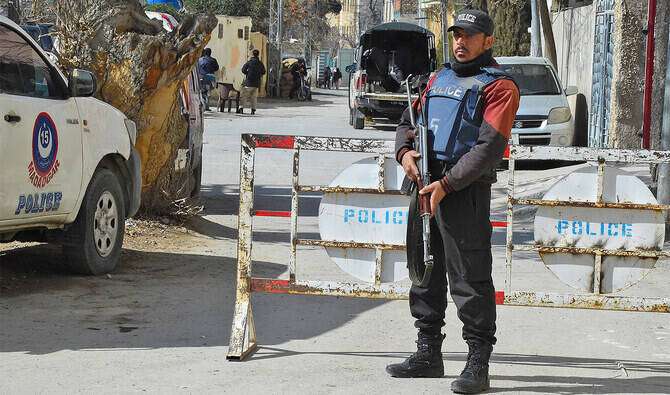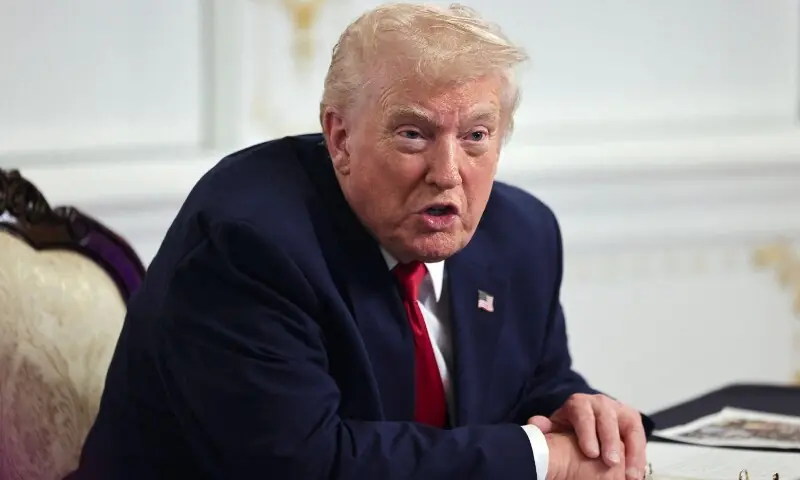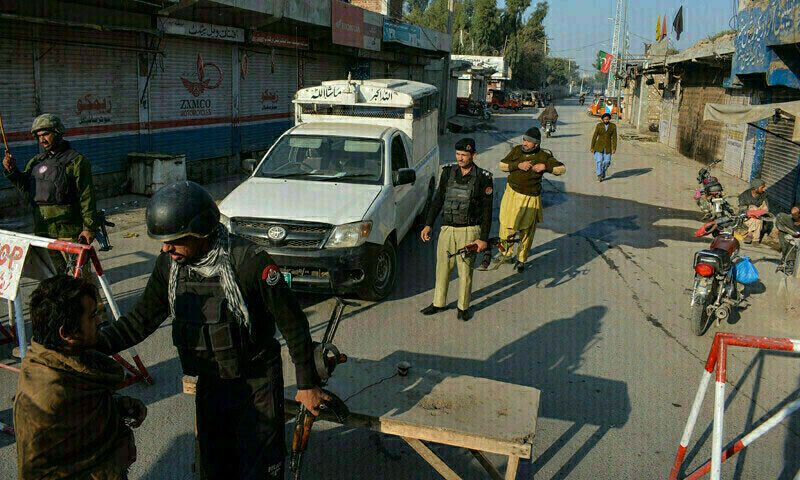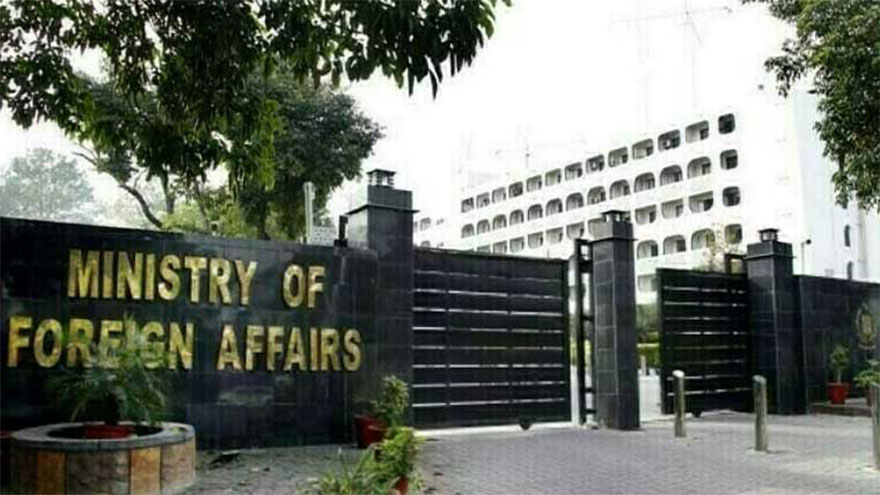By Riaz Hussain
India’s announcement to reopen its embassy in Kabul has drawn close attention in Islamabad, with policymakers and analysts describing the move as a calculated attempt by New Delhi to reassert its influence in Afghanistan under the Taliban government.
Indian External Affairs Minister Dr. S. Jaishankar, during his meeting with Afghanistan’s Foreign Minister, confirmed that India’s technical mission in Kabul would now be upgraded to a full-fledged diplomatic mission — a step that marks India’s most direct engagement with the Taliban administration since its takeover in August 2021.
India had closed its embassy at the time of the Taliban’s return, citing security concerns, and maintained only a limited humanitarian presence. The latest move signals a strategic policy shift in New Delhi’s regional approach, aimed at expanding political and intelligence engagement in Afghanistan.
Pakistan’s Concerns and Regional Implications
Officials in Pakistan view this development with caution, recalling that in the past, Islamabad has provided multiple dossiers alleging India’s involvement in financing and supporting proscribed militant groups such as the TTP, Hafiz Gul Bahadur Group, and the Balochistan Liberation Army (BLA) — all accused of carrying out attacks inside Pakistan.
Analysts believe that the reopening of the Indian embassy may once again provide a platform for such covert operations, particularly if not closely monitored by Afghan authorities.
A renowned journalist and expert on Afghan affairs, Shahab Yousafzai, in a talk with Khabar Kada, says that India had also previously deceived Dr. Najibullah when the Taliban executed him, and India provided no assistance. Similarly, during the period of democratic governments, India continued to speak out against the Taliban, but in international relations, nothing is ever final. He stated that India and Pakistan are eternal enemies, and if Afghanistan advances its ties with India, the relations between Pakistan and Afghanistan will become strained.
“This visit is not good for Pakistan-Afghanistan relations, and especially not good for Pakistan, because it will start another covert war (proxy) in Pakistan,” he added.
Observers point out that during the Ashraf Ghani government, Indian intelligence agencies were reportedly active in using Afghan soil to destabilise Pakistan through proxy networks. With the Taliban now in power, Islamabad expects Kabul to honour its commitments under the Doha Agreement, which bars the use of Afghan territory for terrorism against any neighbouring state.
Strategic Context
India’s re-entry into Kabul is also seen as part of a broader effort to counter the growing Chinese and Pakistani influence in the region. By reviving its diplomatic presence, New Delhi aims to regain a foothold in Afghanistan’s political and economic affairs, particularly in future regional connectivity and trade projects that pass through Central Asia.
According to Abdullah Momand, a journalist and expert on foreign affairs, the recent visit by Afghanistan’s Foreign Minister to India is not a major development. Momand suggests the visit is primarily an attempt to manage external perceptions, noting: “Afghanistan is under international pressure, and India’s relations with the United States and China are not what they used to be. Therefore, both countries are grappling with issues and are using this meeting to project an image of close bilateral relations to the world.”
However, Pakistani experts caution that any Indian attempt to exploit Afghan soil for anti-Pakistan activities could seriously damage regional stability and trust. They argue that peace in Afghanistan must not be turned into another arena for rivalry, but a foundation for cooperation and mutual development.
Call for Vigilance and Diplomacy
Islamabad has emphasised that it supports peace, reconstruction, and inclusive governance in Afghanistan and expects all regional actors, including India, to play a responsible role. Pakistan’s foreign policy circles suggest that continued coordination between Islamabad and Kabul remains essential to prevent external interference and ensure that Afghan territory is not misused by hostile elements.
In light of Prime Minister Narendra Modi’s recent “tit-for-tat” remarks toward Pakistan, concerns have been raised that India could attempt to use its renewed diplomatic presence as a proxy front for intelligence and influence operations. Pakistani analysts urge international oversight and regional dialogue to prevent any escalation of tensions.
India’s decision to reopen its embassy in Kabul represents a turning point in regional diplomacy but also a potential strategic test for Afghanistan’s neutrality. For Pakistan, the development underscores the need for vigilance and proactive diplomacy to safeguard its national security while continuing to advocate for a peaceful and stable Afghanistan that serves as a bridge — not a battleground — between neighbouring states.

